How Star Trek’s Best Show Subverted Its Biggest Theme
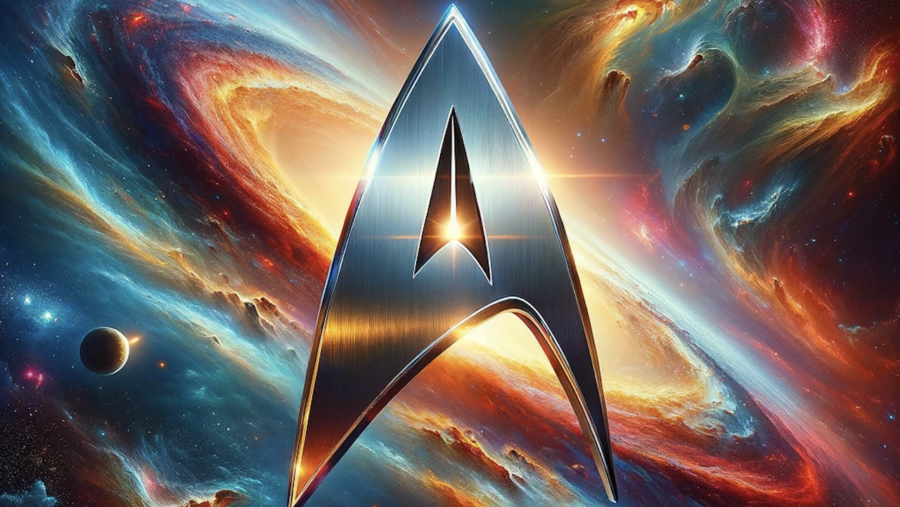
We’ve said it before and we’ll say it again, Star Trek fans: Deep Space Nine is the best show in the entire franchise. Considering how the Kelvinverse films and the NuTrek TV series failed to create such onscreen, we are most interested in answering the question of exactly what made DS9 feel so magical. In retrospect, a paradoxical answer emerges…the show achieved greatness specifically by eschewing Gene Roddenberry’s idealism and fully embracing the Dominion War storyline.
DS9 Ignored The Roddenberry Playbook
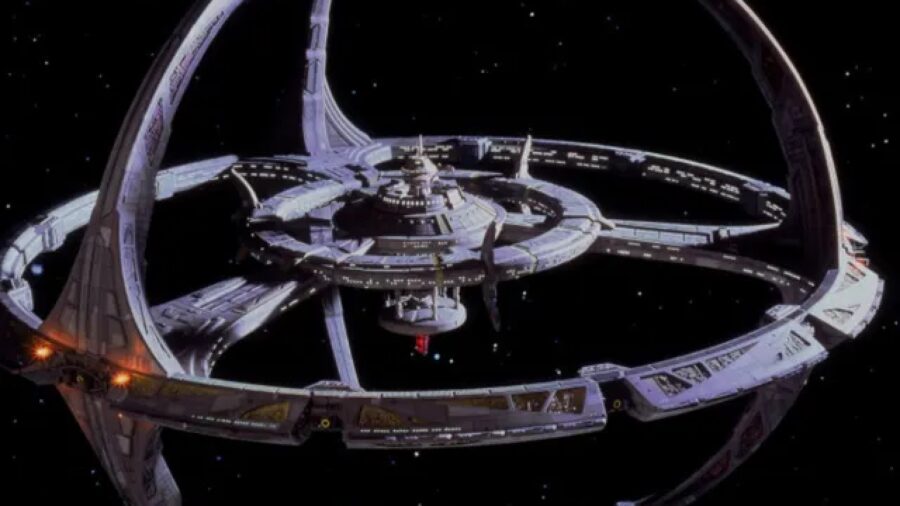
Long before Deep Space Nine, Gene Roddenberry created Star Trek: The Original Series, a show filled with the very best that humanity has to offer. His idealism for the future only grew over time, which is why he forced the early writers of The Next Generation to avoid any storylines where our crew had any interpersonal conflict with each other.
His influence waned as his health worsened, but due to Roddenberry’s idealism, many fans were shocked that DS9’s final two seasons were devoted to a brutal and bloody Dominion War arc.
Battle Lines And Other Early Greats

Certainly, the warlike direction of Deep Space Nine would have confused some of this show’s best early writers. For example, Hilary J. Bader wrote “Battle Lines” (a season 1 episode about deathless soldiers caught in an endless battle), and he modeled its anti-war message after The Original Series episode “Day of the Dove.” In the Star Trek: Deep Space Nine Companion, the Bader was later quoted as saying, “There are certain themes that reoccur in Star Trek, and the fact that war is pointless is one of them.
Rick Berman Let The Writers Get Creative
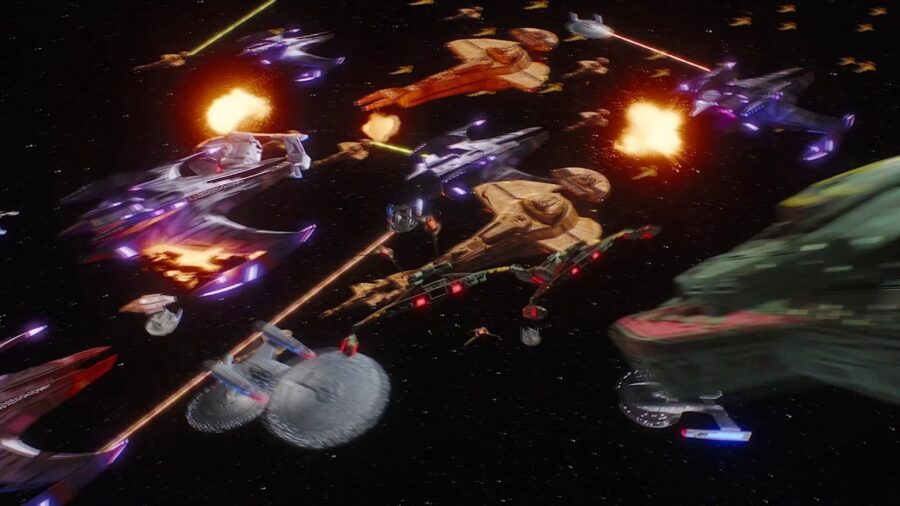
Deep Space Nine had to violate this central theme in order to give us some of Trek’s best episodes, and the writers and producers were very well aware that Gene Roddenberry would have disapproved of what they were doing.
After the creator passed away in 1991, Rick Berman kept a bust of his head on his desk and would blindfold it whenever writers were discussing a topic that the franchise creator would have disliked. Presumably, that bust stayed blindfolded for the entirety of the bloody Dominion War arc, but this arc is how the show achieved true greatness.
It’s not the focus on war itself that makes Deep Space Nine Trek’s best show…instead, it’s the show’s consistent willingness to tell us stories that are very different from what we got before. For as good as TNG was, the bar for expectation was relatively low…writers and producers simply needed to give us more of what made The Original Series so great. DS9 was the first spinoff that tried to do several new things, including ongoing religious themes in each season.
The No Conflict Rule
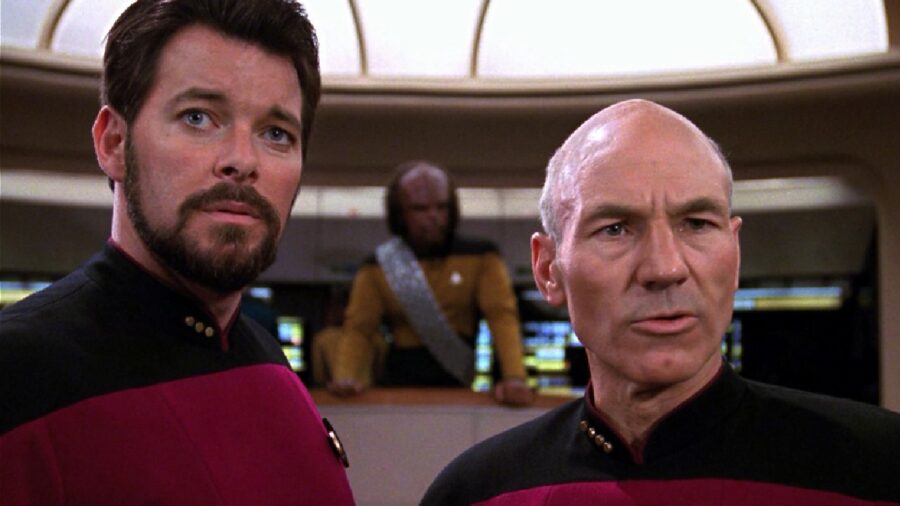
With respect to the late, great Roddenberry, what he didn’t seem to appreciate about his “no conflict” rule was that it meant showing us a fictional world where humanity’s ideals are never truly tested. After all, it’s easy to always say and do the right thing in a world where nobody needs to work and every material need can be instantly taken care of. It’s far harder to maintain ideals or make the right choices, though, when enemy invaders are chipping at your way of life on a daily basis.
An Early Look At The Golden Age Of Television
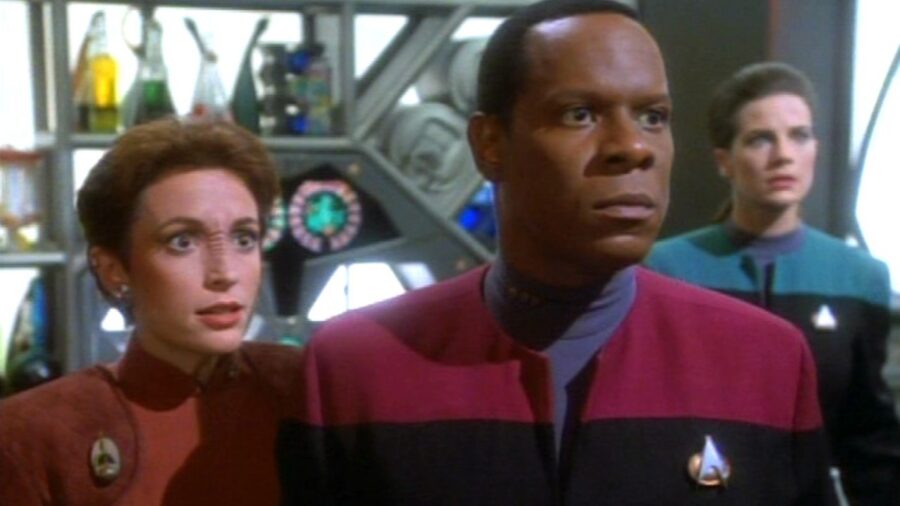
Deep Space Nine’s war arc had some fun side effects, including making the stories so interconnected that they are best enjoyed by binge-watching. I would argue that the primary benefit of this arc is that it tested the mettle of our characters and revealed the depths of their passion and morality. Sending these good men and women into constant battle didn’t make humanity seem like warlike barbarians…instead, it showcased the resilience of humanity as our heroes managed to remain perfect exemplars of the very ideals they fought for.
Historically, Star Trek is a franchise that often emphasizes the futility of war. But Deep Space Nine is the one show in the franchise that used war to illustrate the blunt realities of fighting oppression and creating a safer, happier galaxy for everyone involved. The result was an early glimpse of the golden age of television and an enduring legacy as the best show in the entire Trek franchise.














Login with Google